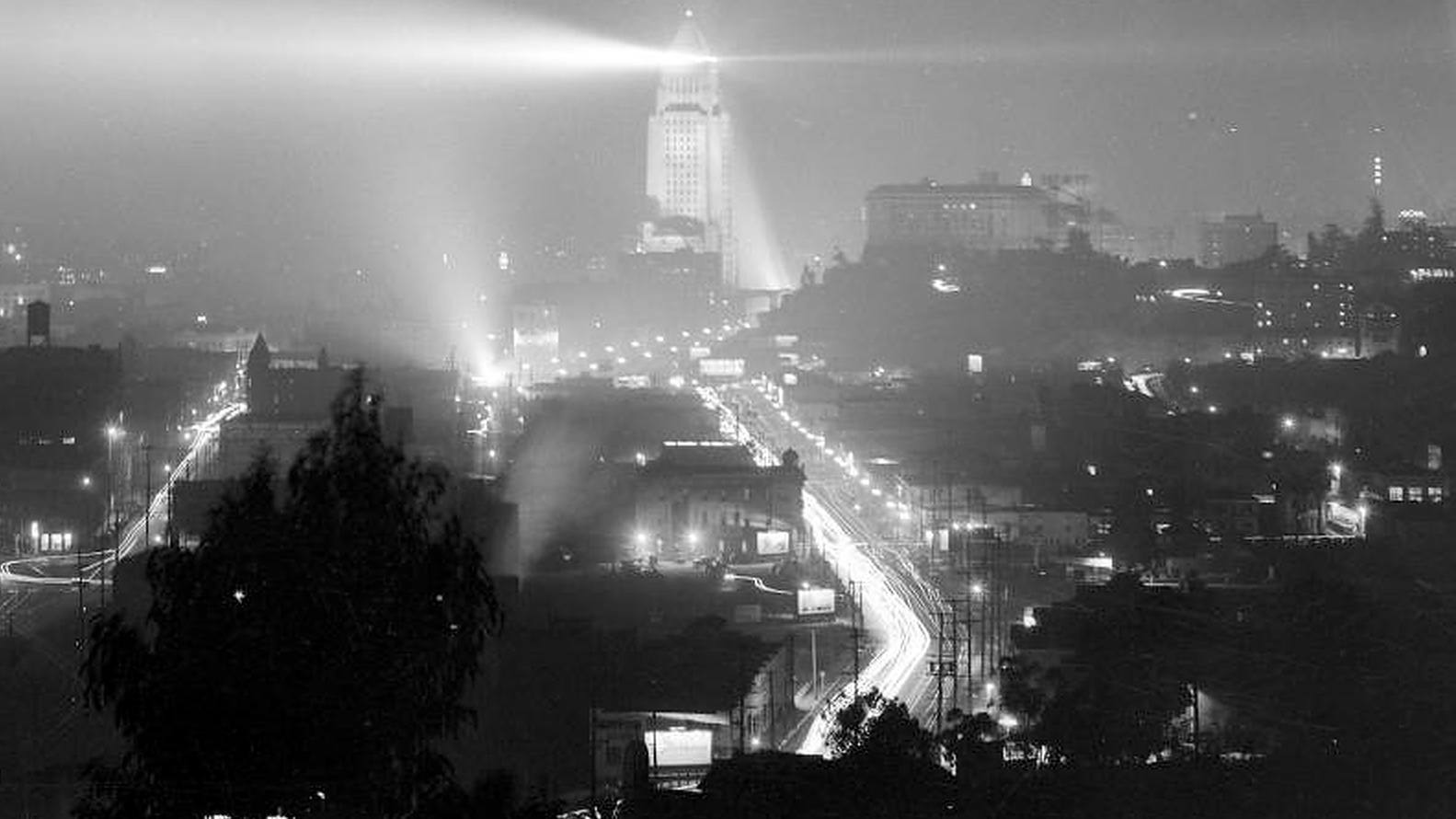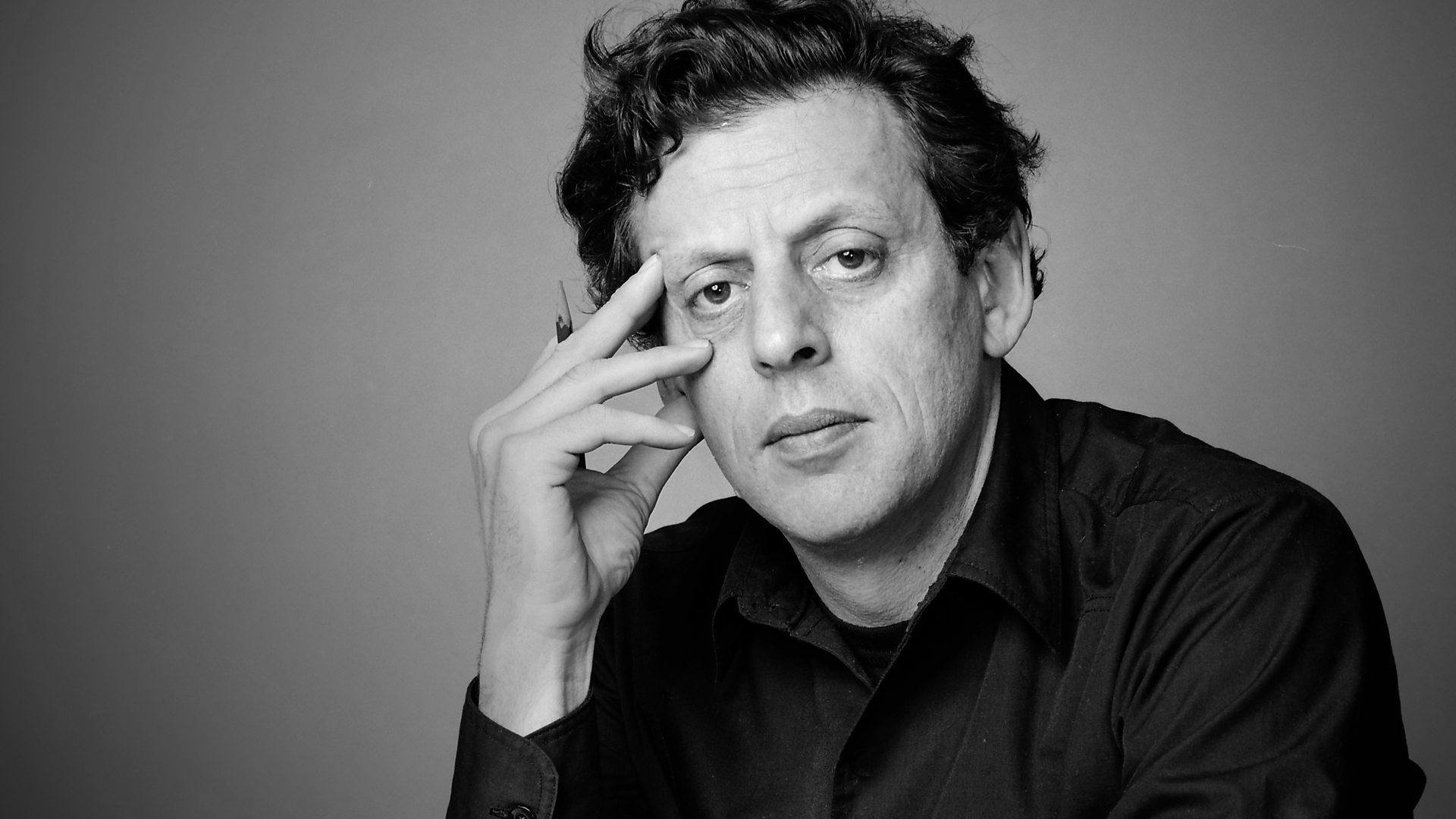New Release: Víkingur Ólafsson’s “Debussy-Rameau”
Jean-Philippe Rameau and Claude Debussy meet as virtual contemporaries on Debussy-Rameau, a new album by the Icelandic pianist, Víkingur Ólafsson. Surprising common threads emerge as we listen to the music of Rameau (1683-1764), one of the most important French baroque composers and theorists, alongside the rule-shattering impressionism of Debussy (1862-1918). Ólafsson believed the juxtaposition would “create a dialogue that might show Rameau in a futuristic light, and find Debussy’s deep roots in the …




